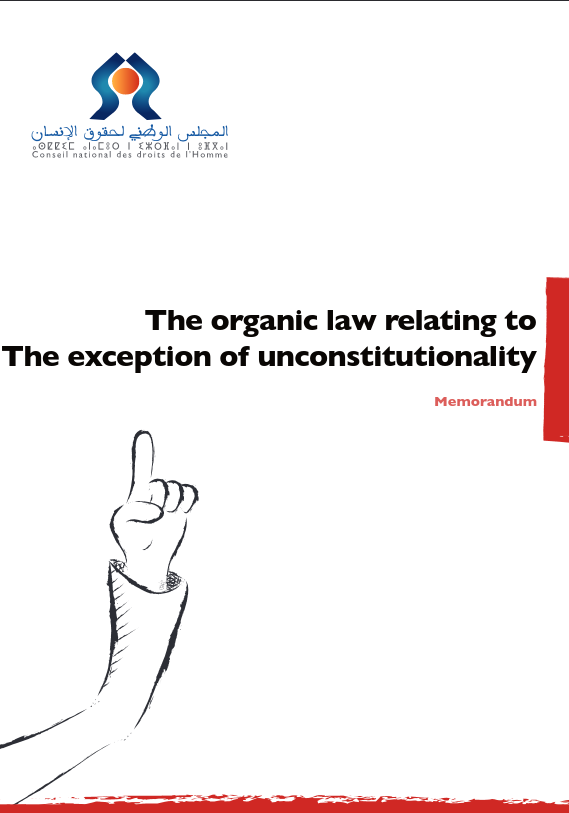
In fulfilment of the provisions of the second paragraph of Article 25 of the Dahir establishing the National Human Rights Council (CNDH), the Council shall “contribute to promoting democracybuilding, by fostering broad-based social dialogue and developing any relevant tools and mechanisms to that end.”
The CNDH, pursuant to Article 13 of the said Royal Decree, also examines “the compatibility of laws and regulations in force with the provisions of international human rights conventions and international humanitarian law which the Kingdom [of Morocco] has ratified or to which it has acceded, as well as with the concluding observations and recommendations of UN treaty bodies on the reports submitted to them by the Government.”
In accordance with Article 24 of the same law, the CNDH submits to His Majesty the King “proposals and issue-specific or thematic reports on all matters that contribute to the optimal protection of human rights.”
Being aware of the significant impact a larger access to constitutional justice will have on the protection, promotion and realization of human rights, the CNDH, as part of the proposals it puts forward to support the process of drafting organic laws, devotes particular and legitimate interest in the issue of constitutional justice1 . This interest is further justified by the Council’s “human rights-based approach” which is explicitly mentioned in the explanatory statement of its founding Royal Decree.
Considering the National Dialogue on the reform of the judiciary as a historic opportunity to build, on a collaborative basis, the fundamental principles governing organic and ordinary laws relating to access to justice, the National Human Rights Council, a national institution sitting in the High Authority for National Dialogue on Reform of Judiciary, seeks to contribute to the public debate on this reform through this memorandum on the organic law relating to the exception of unconstitutionality
